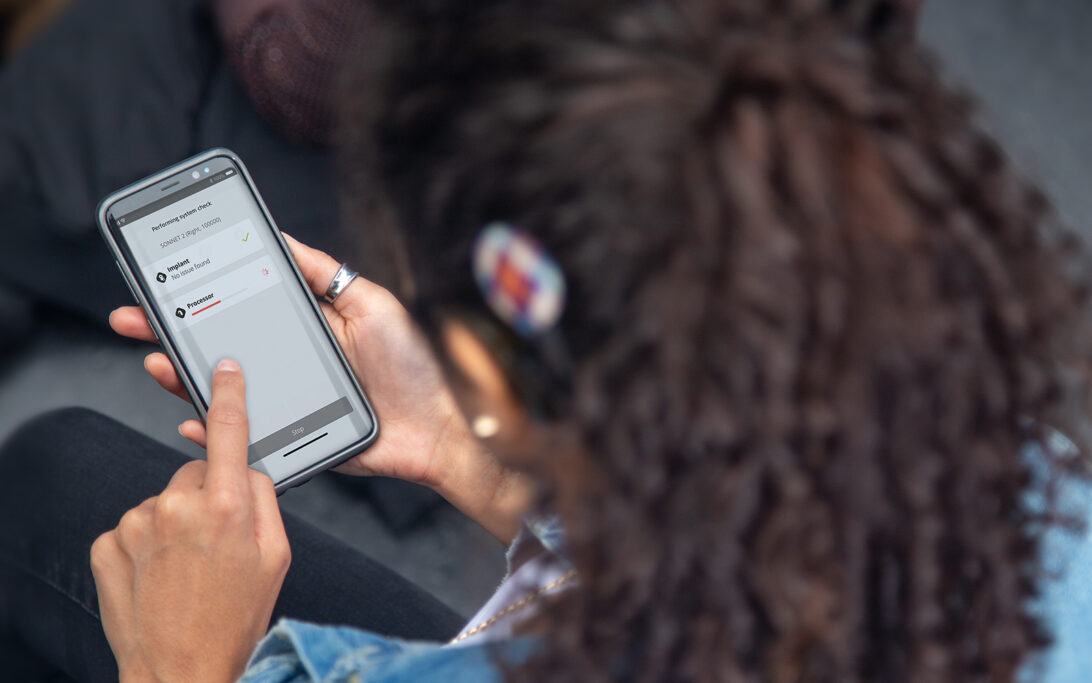
The Rehab at Home for Adults video series follows four cochlear implant recipients and their families, sharing real-life experiences and practical strategies for integrating listening goals into daily life. Here are five ways professionals can incorporate this series into clinical practice.

.png)





